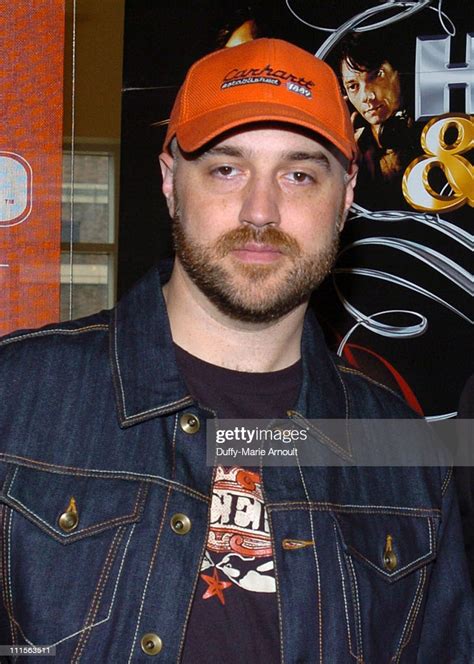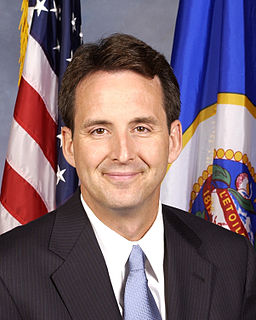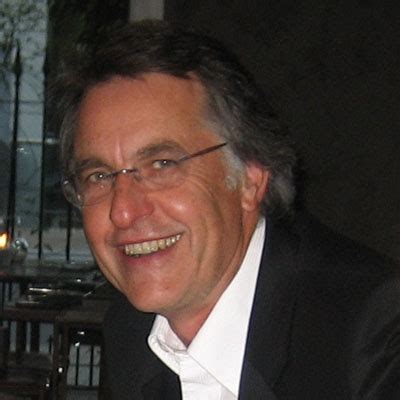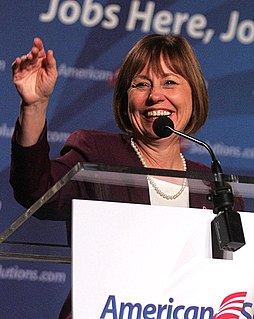Цитата Крейга Брюэра
Я начал думать, что есть место для повторного пересказа «Footloose», что на самом деле существует более благоприятный политический климат, эмоциональный климат для исследования города, который пережил травму и шок и начинает остро реагировать.
Связанные цитаты
Вопрос о месте и климате теснейшим образом связан с вопросом о питании. Никто не свободен жить везде; и тот, кто должен решать большие проблемы, бросающие вызов всем его силам, на самом деле имеет очень ограниченный выбор в этом вопросе. Влияние климата на наш обмен веществ, его замедление, его ускорение заходит так далеко, что ошибочный выбор места и климата может не только отдалить человека от его задачи, но и фактически увести ее от него: он никогда ее не увидит.
Несмотря на консенсус международного научного сообщества в отношении изменения климата, небольшое число критиков продолжают отрицать существование изменения климата или его причину в результате деятельности человека. Эти люди, широко известные как «скептики» или «отрицатели» изменения климата, обычно не являются учеными-климатологами и не обсуждают науку с учеными-климатологами.
Неправильные люди сделают все, что в их силах, чтобы гарантировать, что неправильный политический климат сохранится. Получается, что неправильные люди создают неправильный политический климат, а неправильный политический климат обеспечивает не тех людей. Как же тогда вырваться из этого порочного круга?
Изменение климата не следует принципиально рассматривать как политическую или партийную проблему, но оно было превращено в политический футбол, в первую очередь отрицателями климата, которые кровно заинтересованы в сохранении статус-кво. Это включает в себя определенные промышленные интересы, финансовые интересы и политические интересы.
Когда я был приведен к присяге, у нас повсюду были законопроекты об изменении климата, спонсируемые республиканцами. У вас был Джон Маккейн, баллотировавшийся на пост президента в 2008 году, на мощной климатической платформе. Вы могли видеть, как американская демократия действительно начинает работать над решением трудной проблемы.
Я думаю, что изменение климата, вероятно, является самым экстремальным явлением, и оно продолжается уже много лет, потому что очень трудно говорить о такой планетарной проблеме, как изменение климата, и заставить людей, живущих в рамках четырехлетних избирательных циклов, действительно обратить внимание на то, что вы предсказать, что происходит в будущем.
Многие масштабы изменения климата на самом деле естественны, от медленного тектонического масштаба до быстрых изменений, присущих ледниковым и межледниковым периодам, до еще более драматических изменений, характеризующих переход от ледникового периода к межледниковому. Так зачем беспокоиться о глобальном потеплении, которое является еще одним масштабом изменения климата? Проблема в том, что глобальное потепление выходит за рамки нормы по двум причинам: по скорости, с которой происходит это изменение климата, и по тому, насколько «новый» климат отличается от того, что было раньше.





































